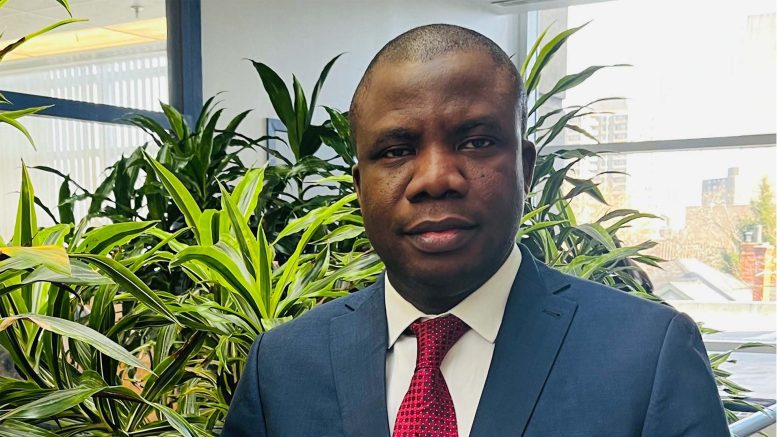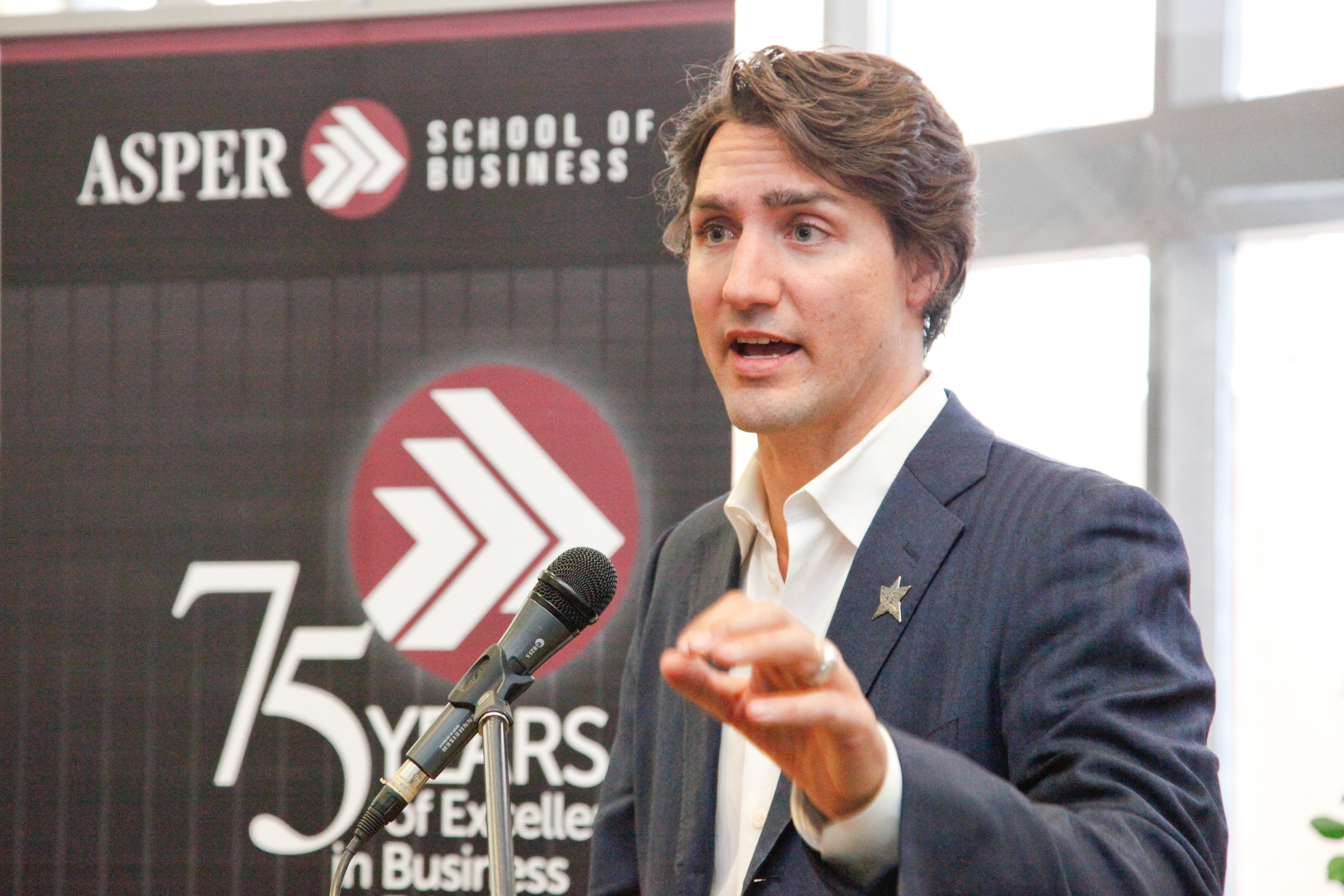Dr. Opeyemi Bello has joined the faculty of law at the U of M, teaching commercial law, contracts and labour-management relations. His research focuses on the political complexities of international tax cooperation and the challenges developing countries face in negotiating tax agreements.
He received his legal training and practiced commercial law in Nigeria before pursuing a PhD at Dalhousie University in Halifax. While completing his doctorate, he taught at Dalhousie University as part of his role as a Purdy Crawford fellow, which also involved conducting research.
Bello subsequently joined the U of M in Sept. 2024, and his decision to join the university was driven by its collaborative and supportive learning environment, as well as the opportunity to engage with experienced faculty members. He mentioned, “if you want to know the particular factor that inspired me, motivated me to be at U of M, I’ll say it is the special characteristic of the learning environment the school has in terms of the faculty and the other things.”
He began teaching in Jan. 2025, focusing on courses such as labour law, commercial law and contracts, in addition to his expertise in international tax law, particularly digital taxation. He emphasized the importance of integrating practical knowledge and critical thinking into legal education, stating that his teaching philosophy centres on understanding the purpose of laws, their practical applications and identifying areas for reform to align with societal needs.
Reflecting on his transition from Dalhousie University, he noted the differences in climate and urban environment between Halifax and Winnipeg, as well as the collaborative atmosphere within the faculty and student body. He expressed his commitment to sharing his expertise while learning from his colleagues and students.
His ongoing research focuses on international tax policy, particularly monitoring evolving developments and responding to changes in the field. While he currently does not have research assistants, he expressed openness to involving students in future projects.
He has outlined his long-term goals of fostering a collaborative and dynamic learning environment to train super-talented and result-oriented lawyers equipped to address real-world challenges. His vision includes working alongside colleagues to prepare students for societal and business-related legal issues, contributing to the faculty’s mission of producing impactful professionals in the province.
Bello prioritizes applied knowledge in his teaching, ensuring that students gain practical skills that go beyond theoretical concepts. He incorporates real-life examples to prepare students for immediate application of legal principles in professional settings. His approach aims to leave a lasting impact on students by blending academic theory with actionable practice.
In addition to teaching, Bello is keen on interdisciplinary collaborations, particularly with the business school. He plans to start initiatives that address the university community’s challenges while benefiting the broader community. He views research as a key responsibility of educators, emphasizing its role in driving community development and generating practical solutions to pressing issues.
He also shared some insight on the differences between legal education systems in West Africa and Canada. He highlighted that in some parts of West Africa, law is offered as a first degree, which sometimes leads students to pursue it due to societal or parental pressure rather than genuine interest. This dynamic often results in individuals abandoning the legal practice after graduation. In contrast, the Canadian model, where law is pursued as a second degree, attracts committed students who demonstrate readiness and dedication to the program, having already completed a prior academic journey. He emphasized that adopting a similar approach in West Africa could ensure that only genuinely motivated individuals enter the legal profession, potentially raising the quality and commitment of graduates.
He has affirmed that his role at the university involves commitment to supporting students in achieving their academic goals. He also expressed his willingness to collaborate with colleagues, emphasizing teamwork and learning from more experienced faculty members. He said, “I know the students are in this school for a particular objective, and that’s to pursue [their] academic journey. I just want them to know that I’m willing to do my best. I’m willing to give my commitments so that the student can achieve their aim.”
“To my colleagues, I’m also willing to work with them, be a good team player and also learn from the seniors. And for the broader community, I’m just a stakeholder in that community, and I’m committed to the development of that community. So, it’s going to be a mutually benefitting relationship,” he added.





